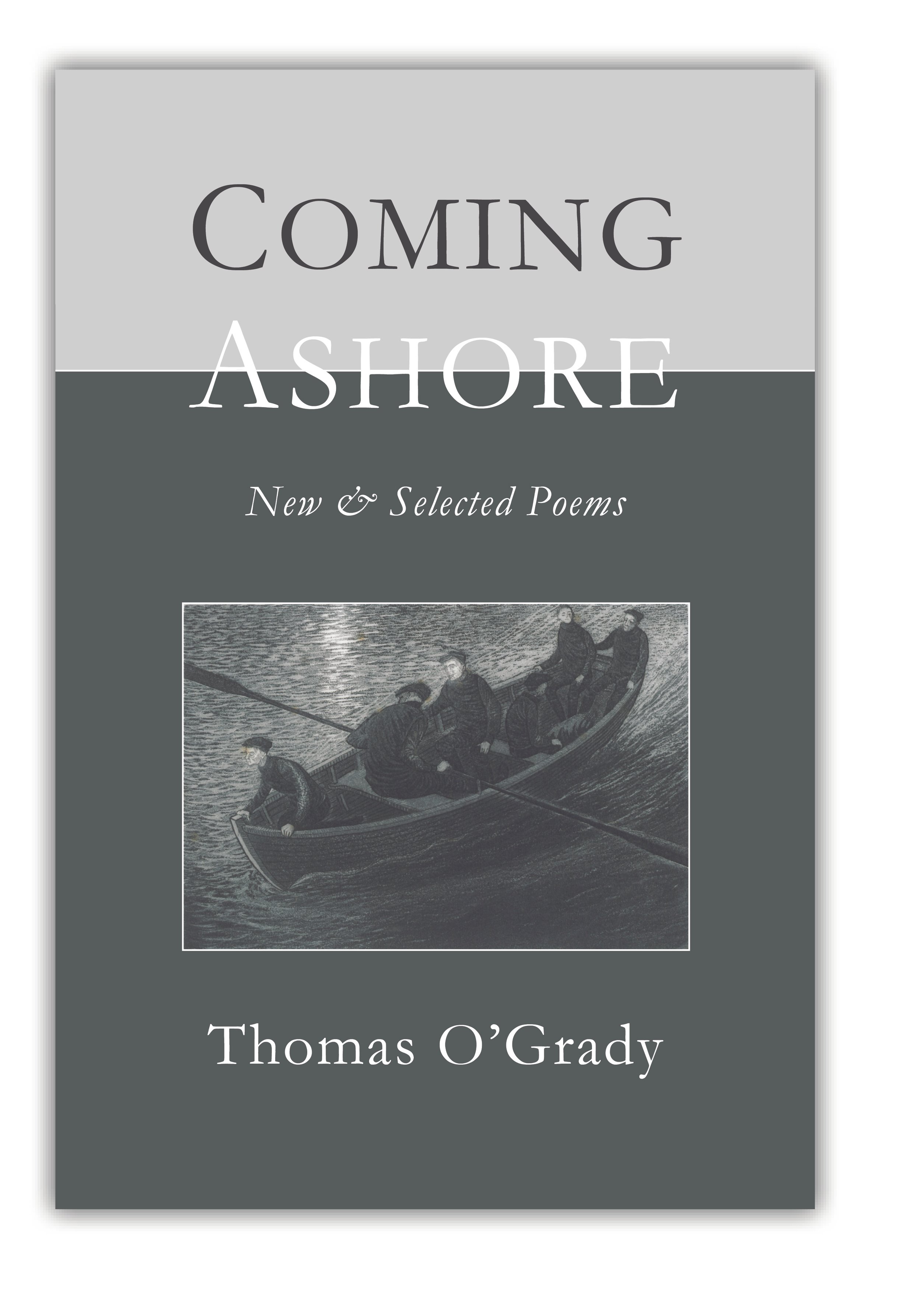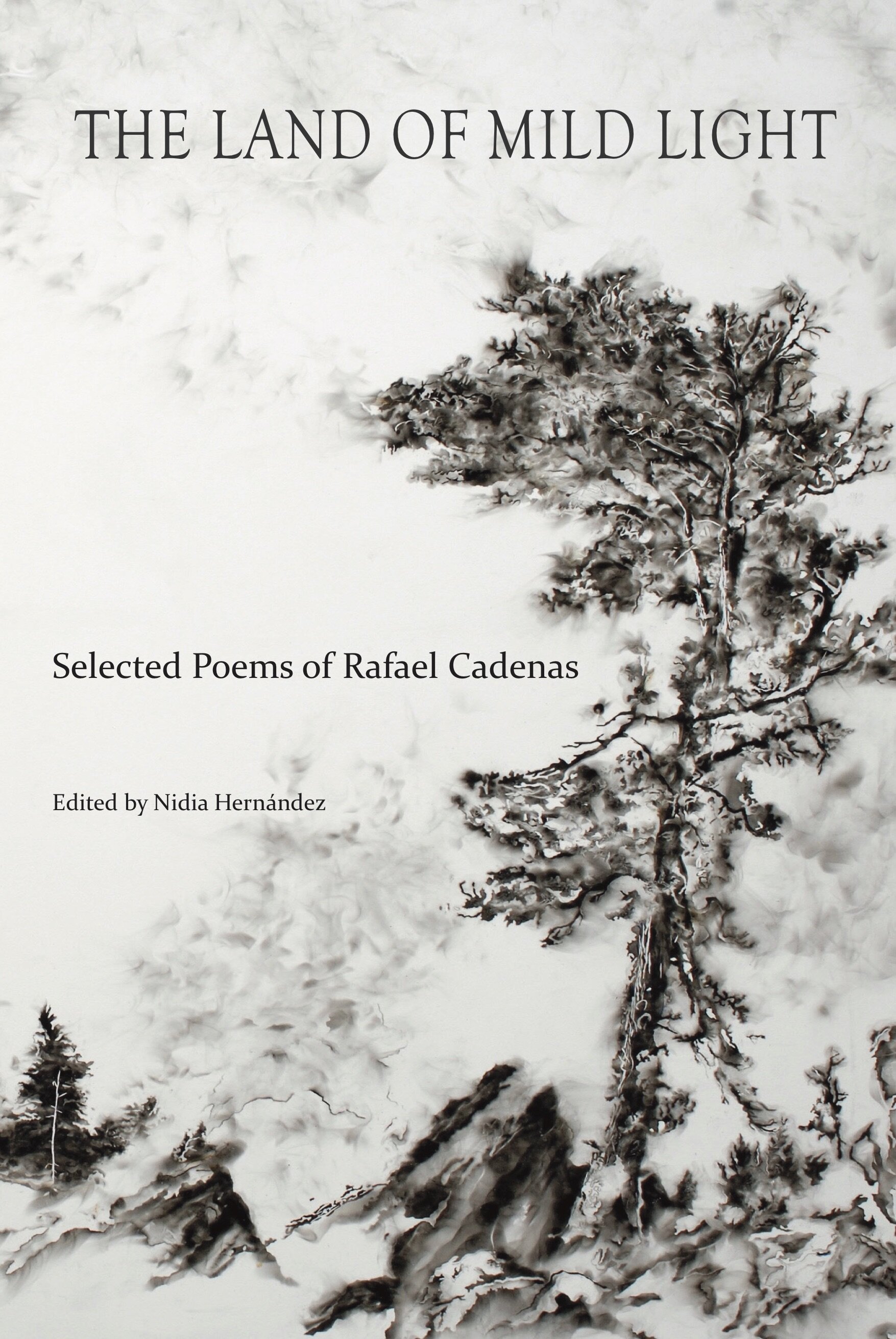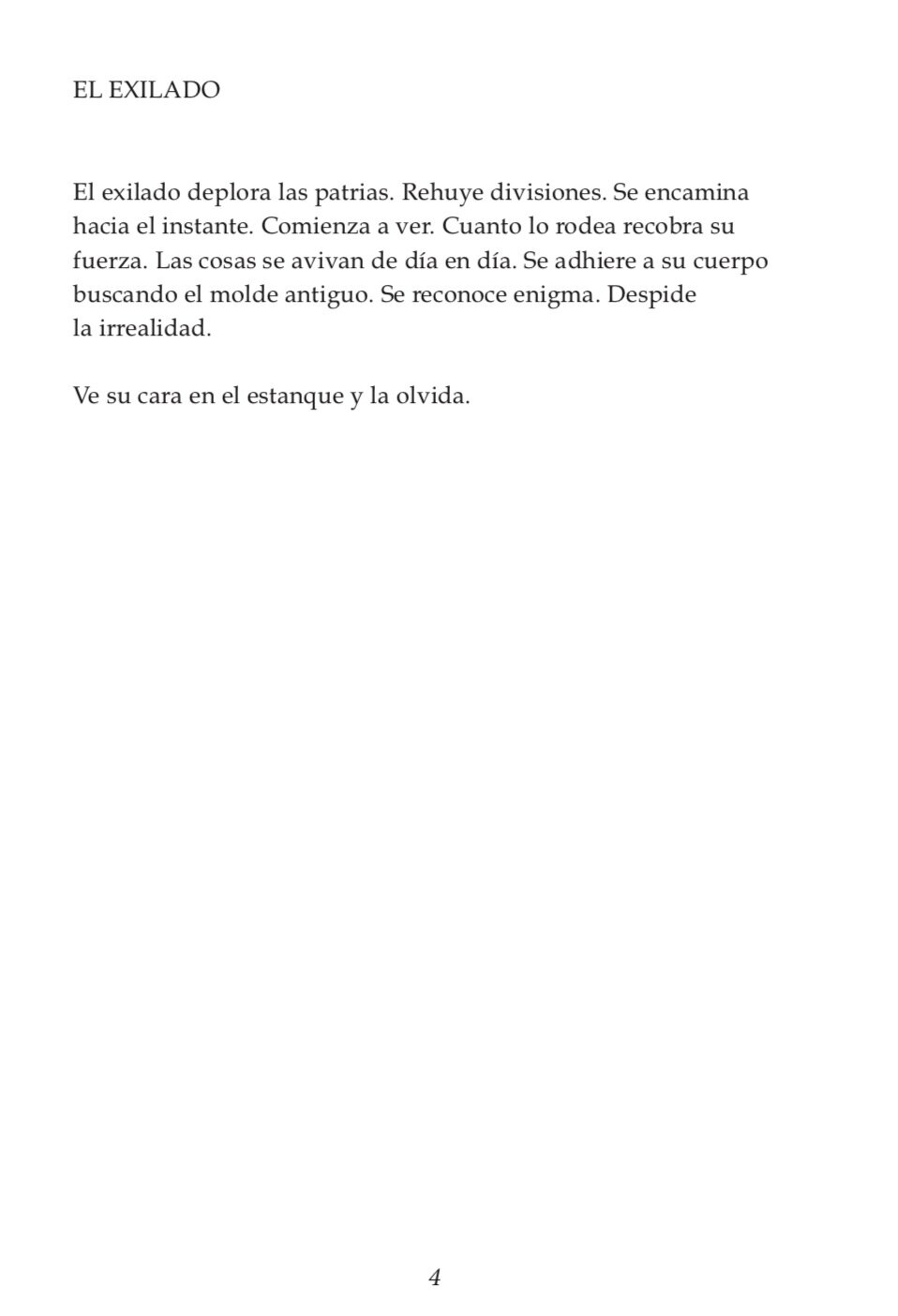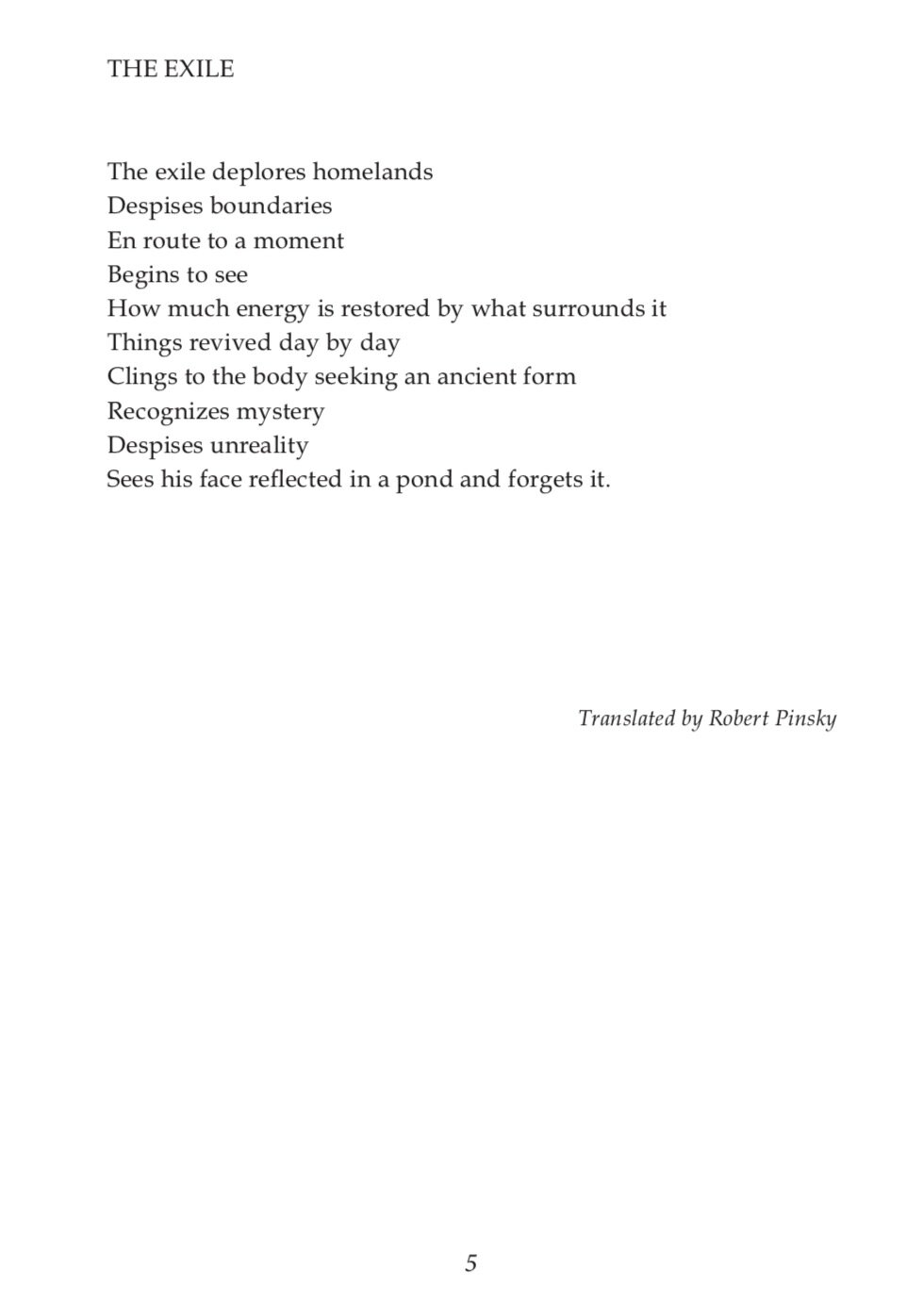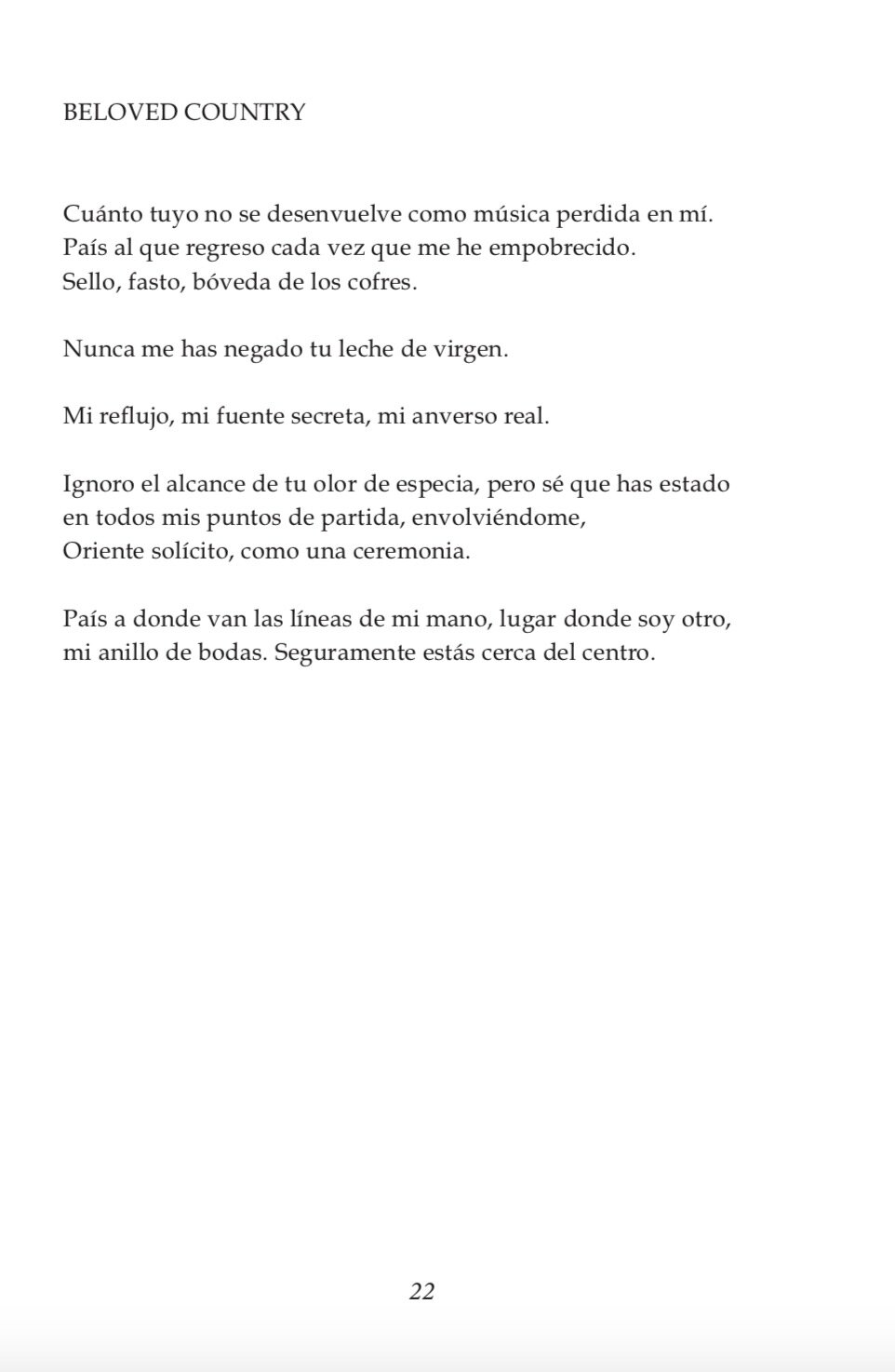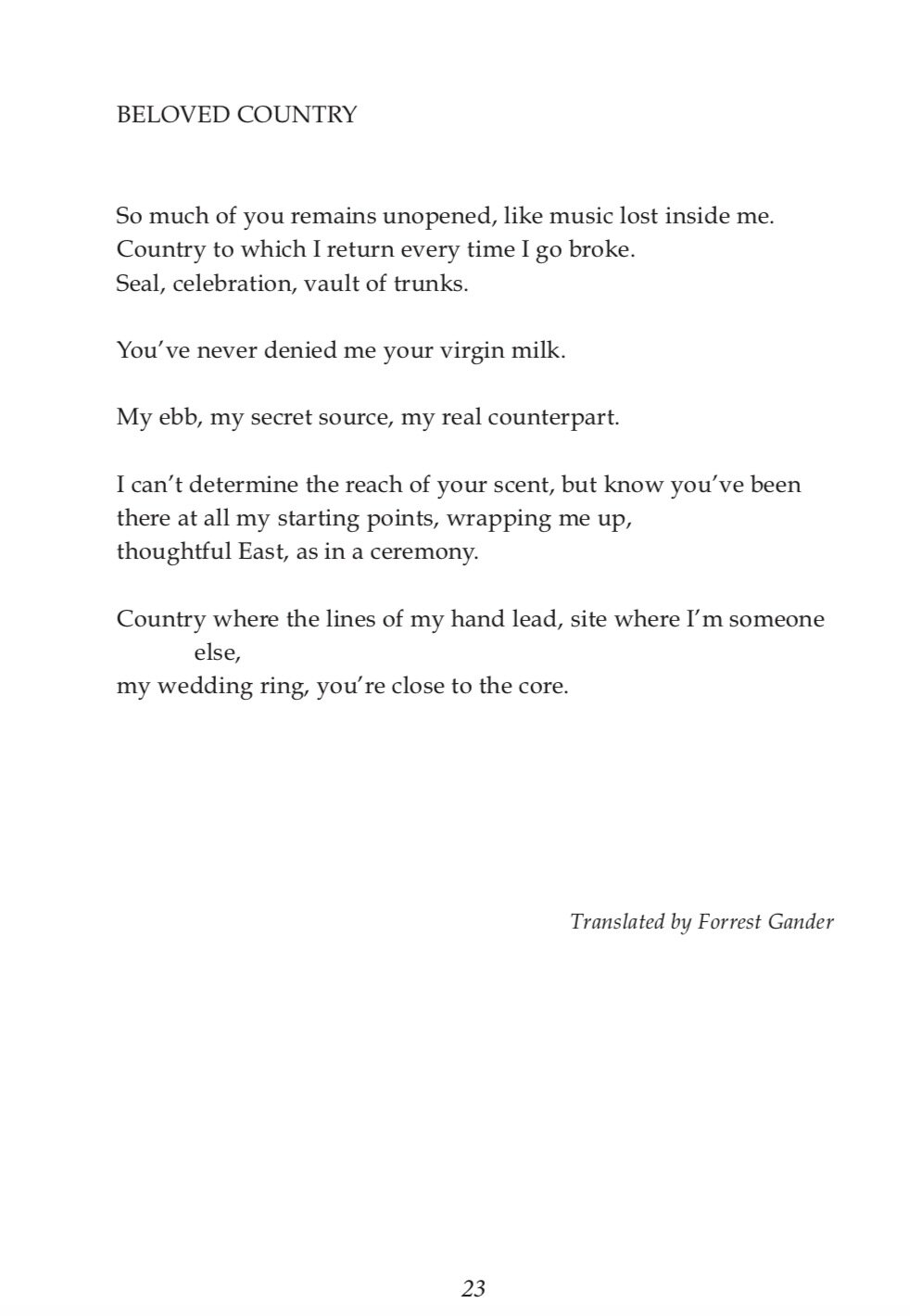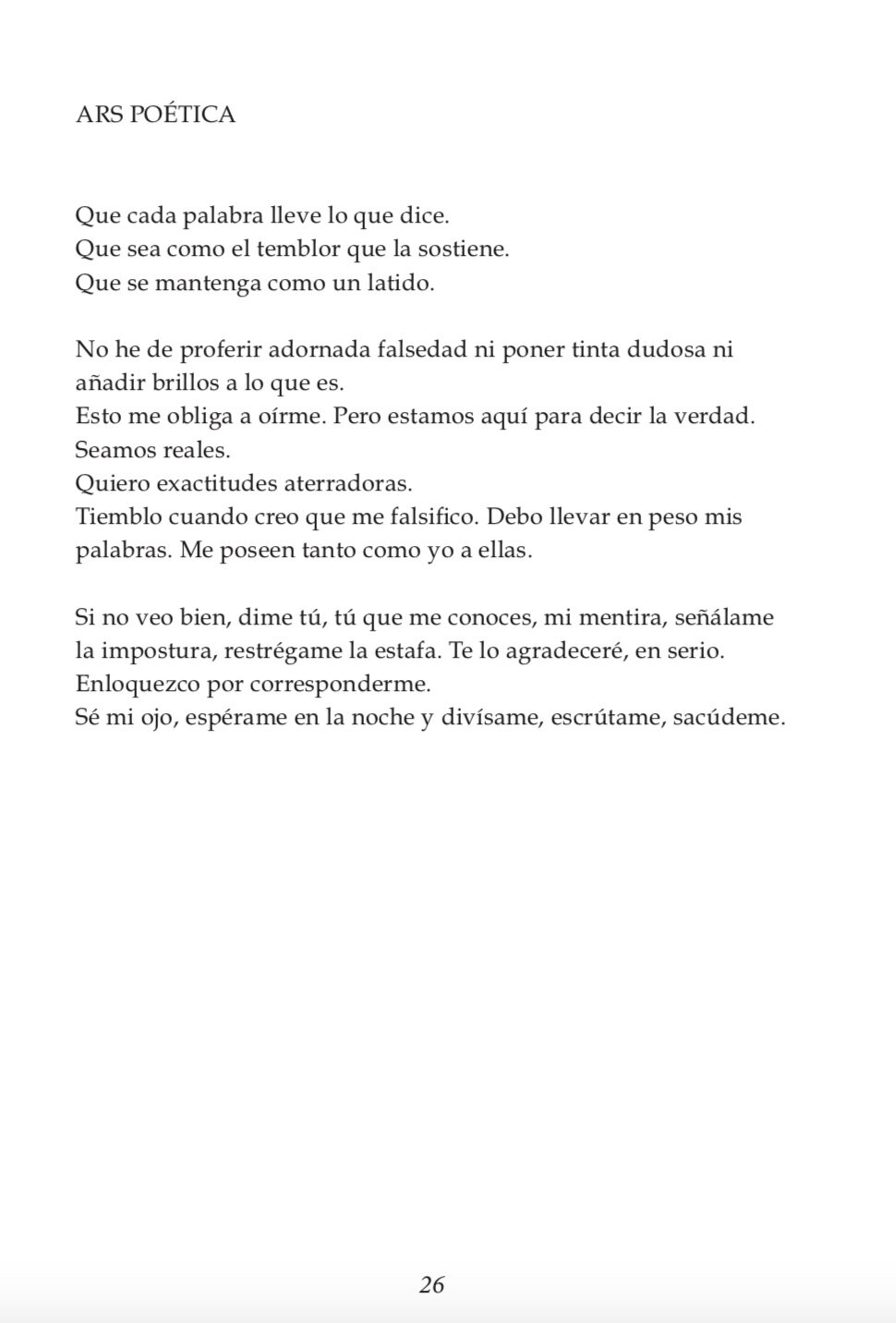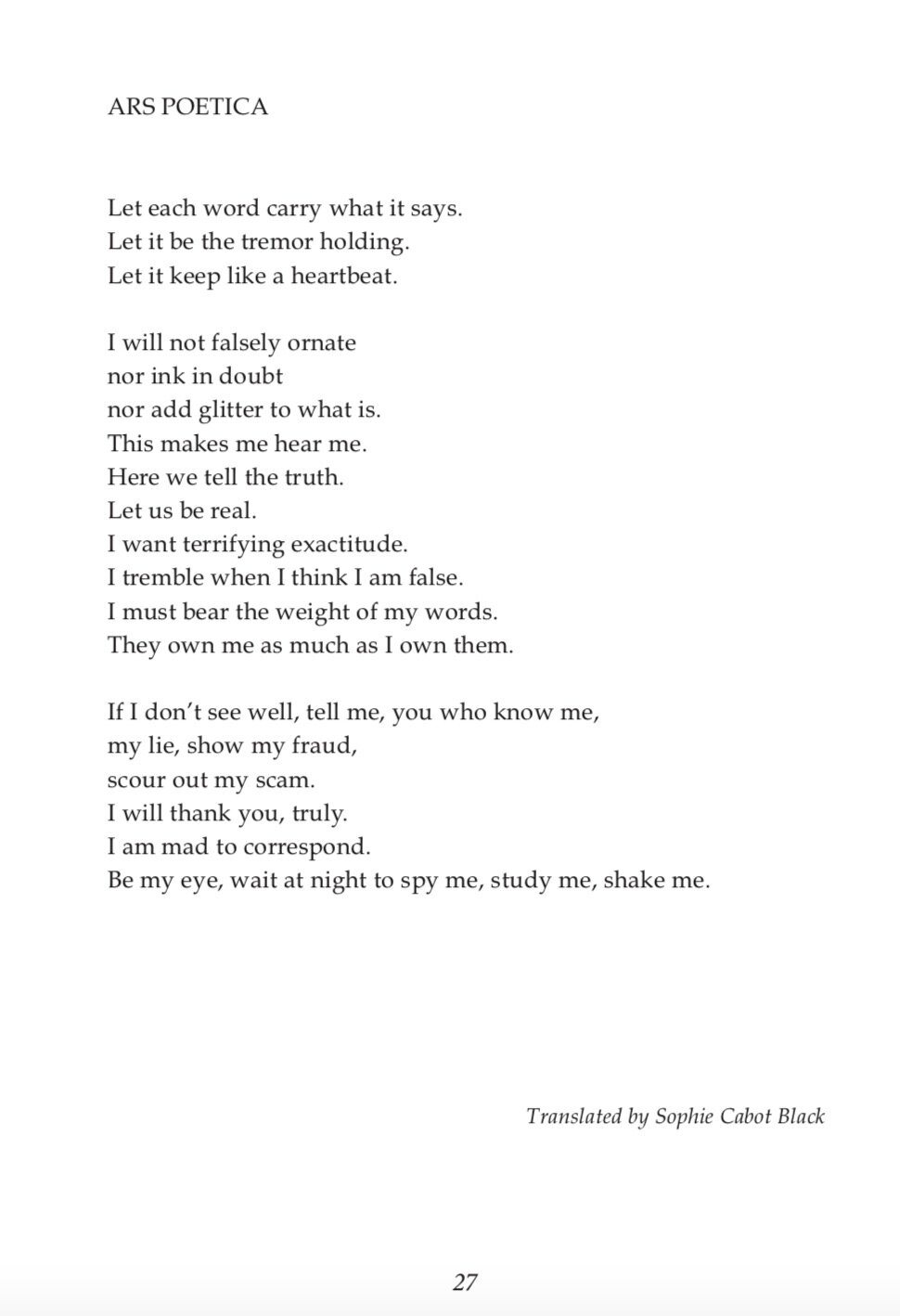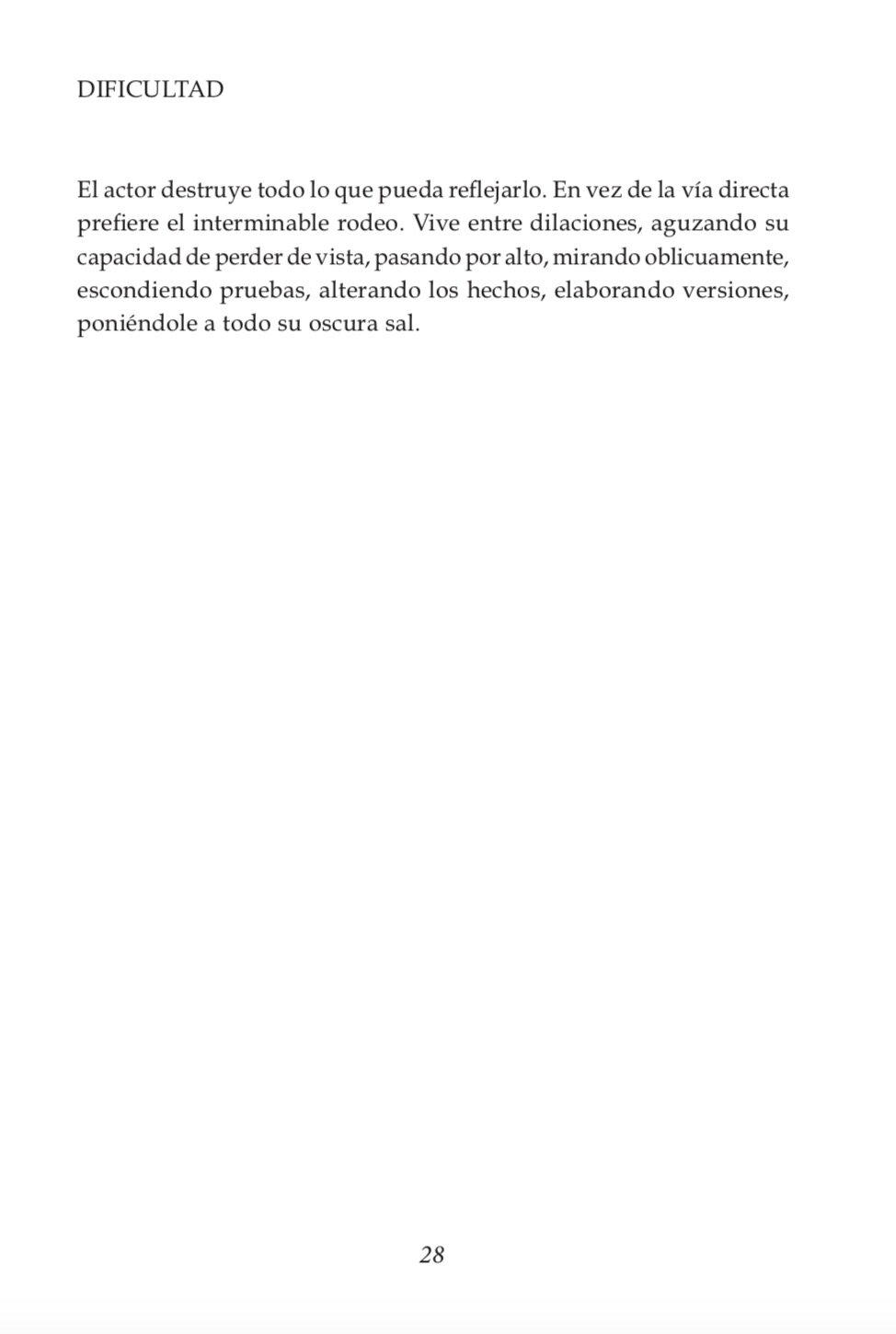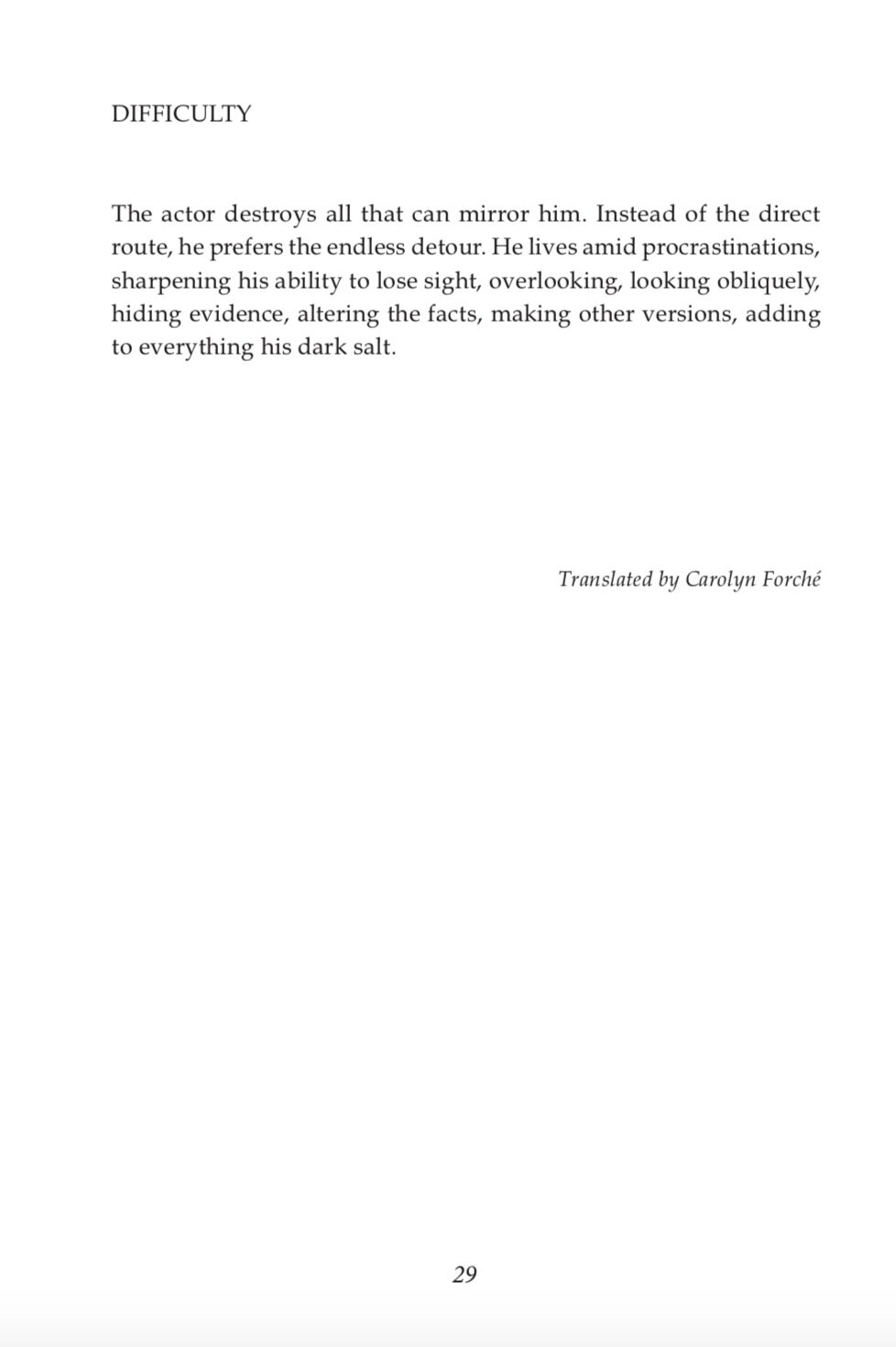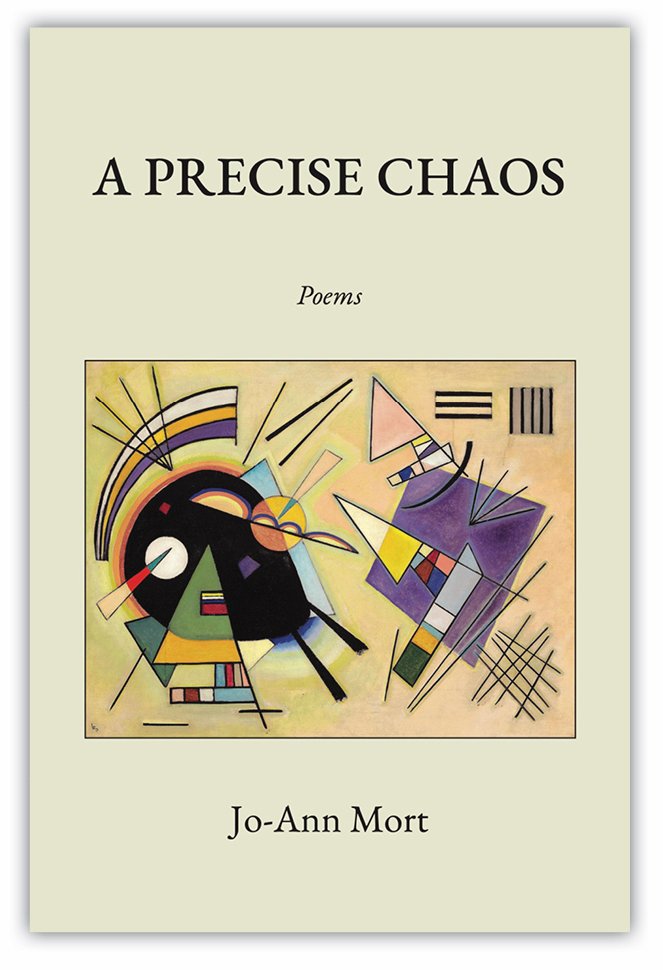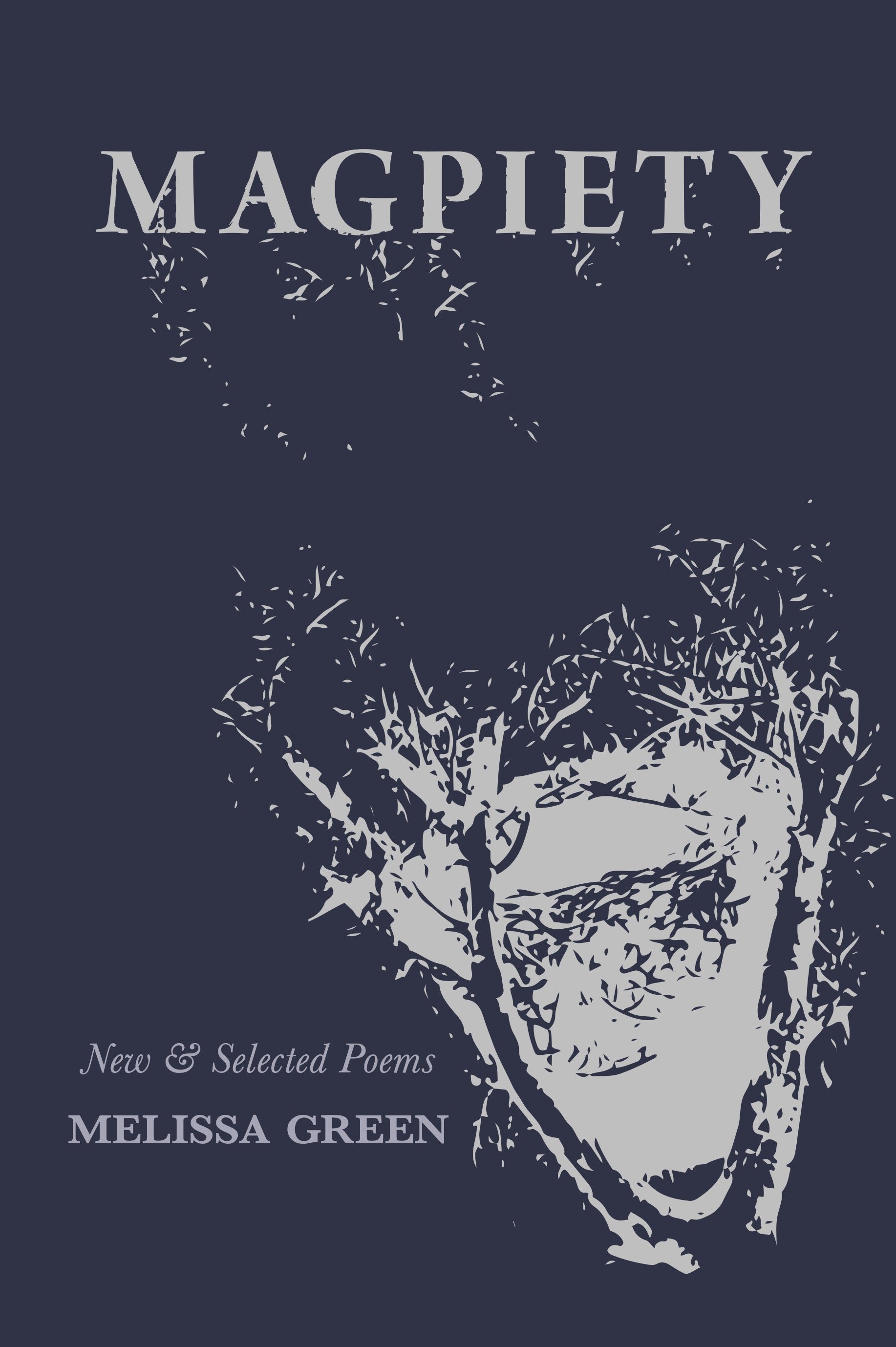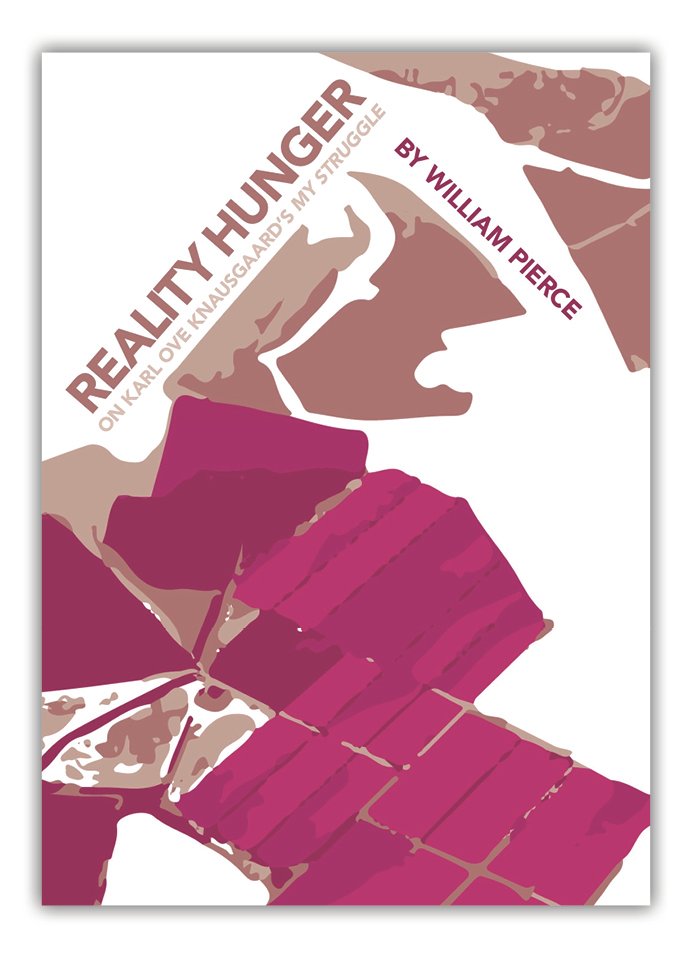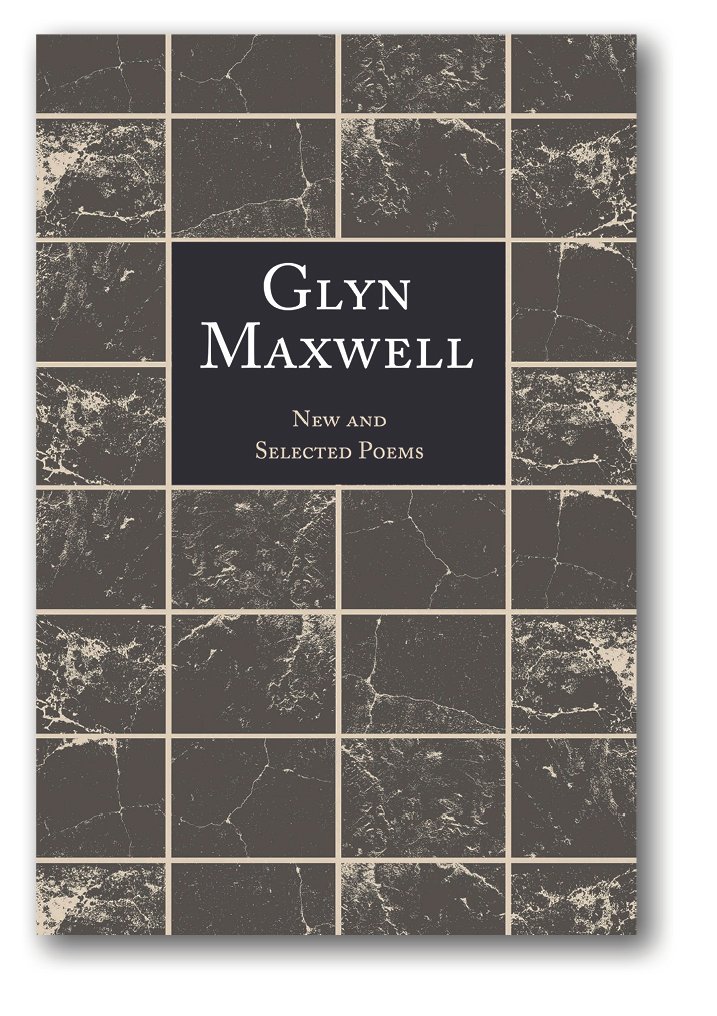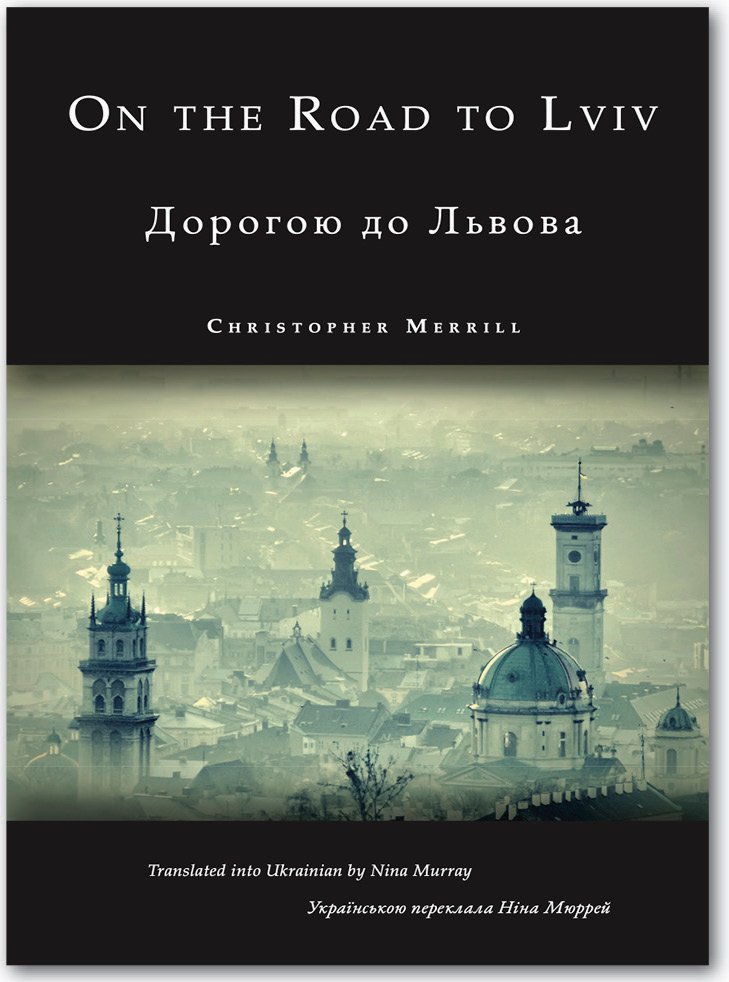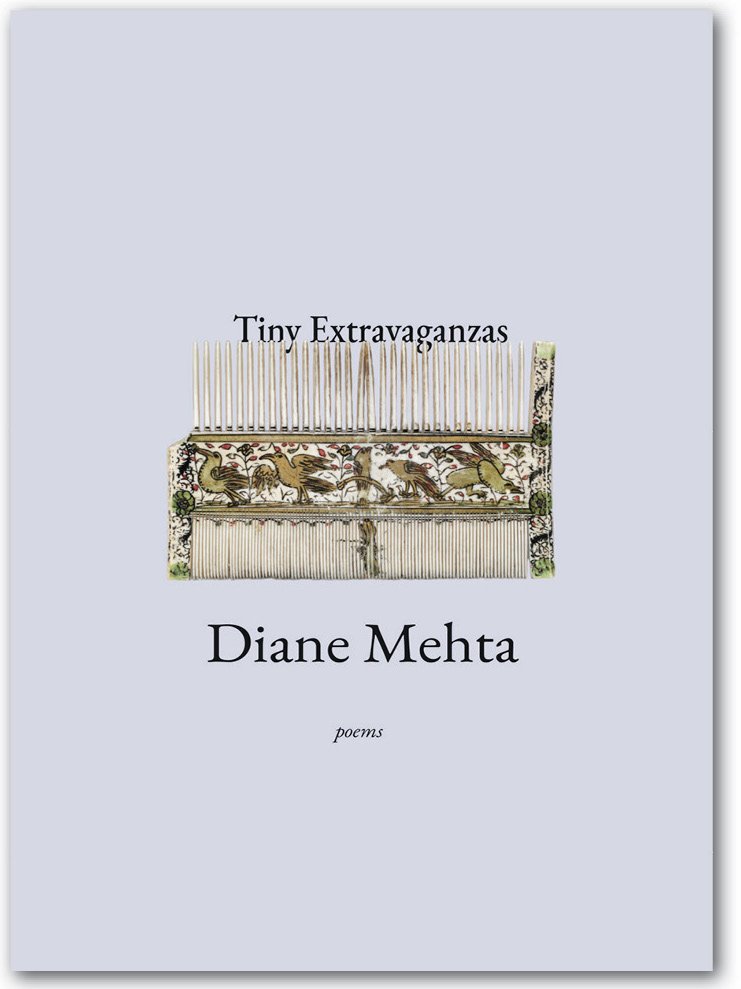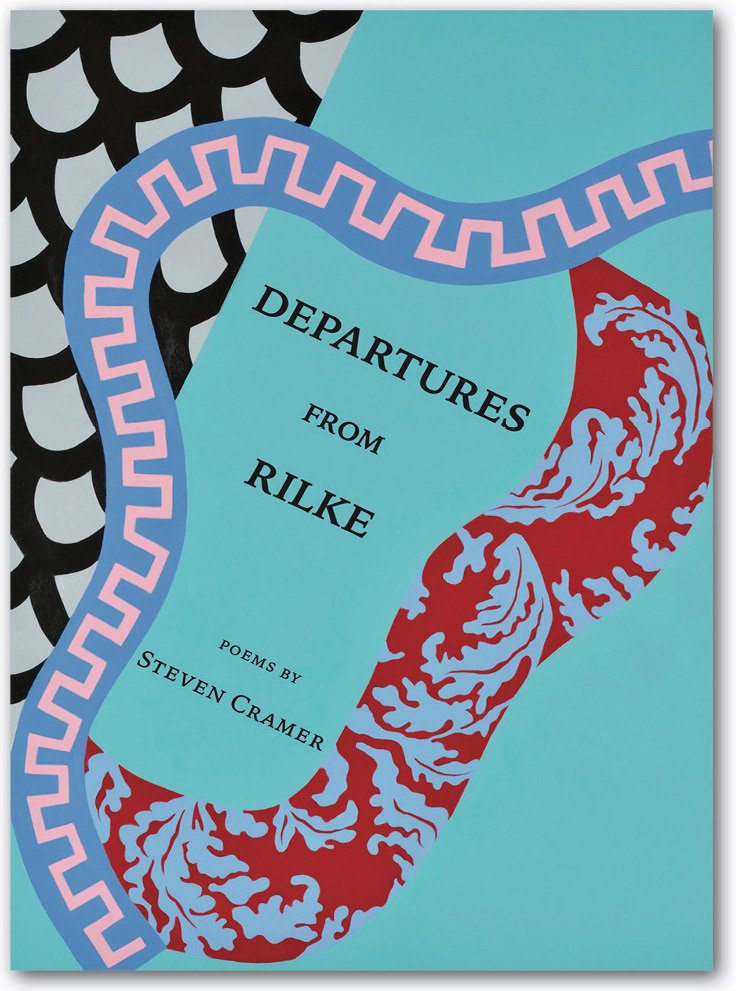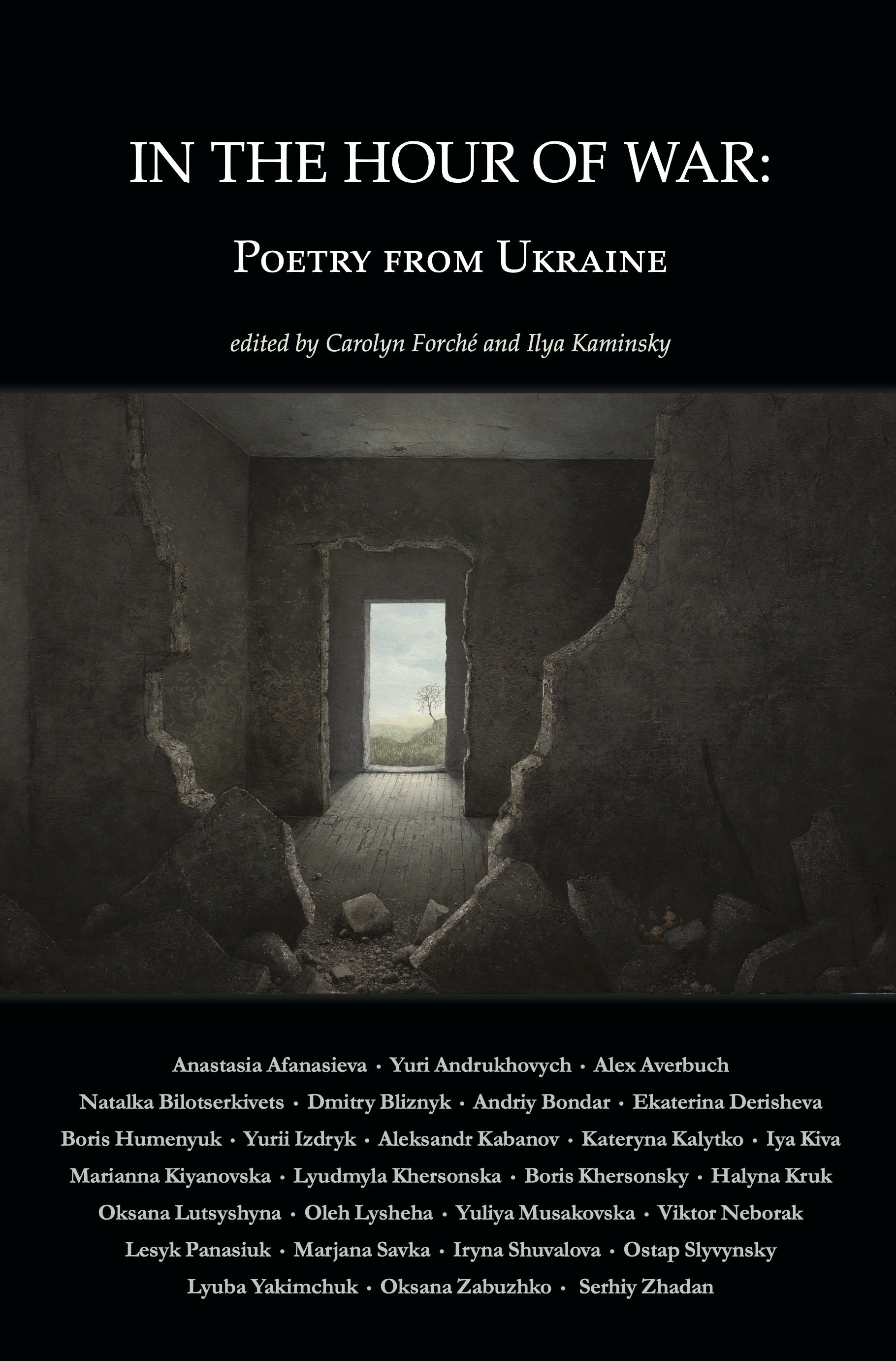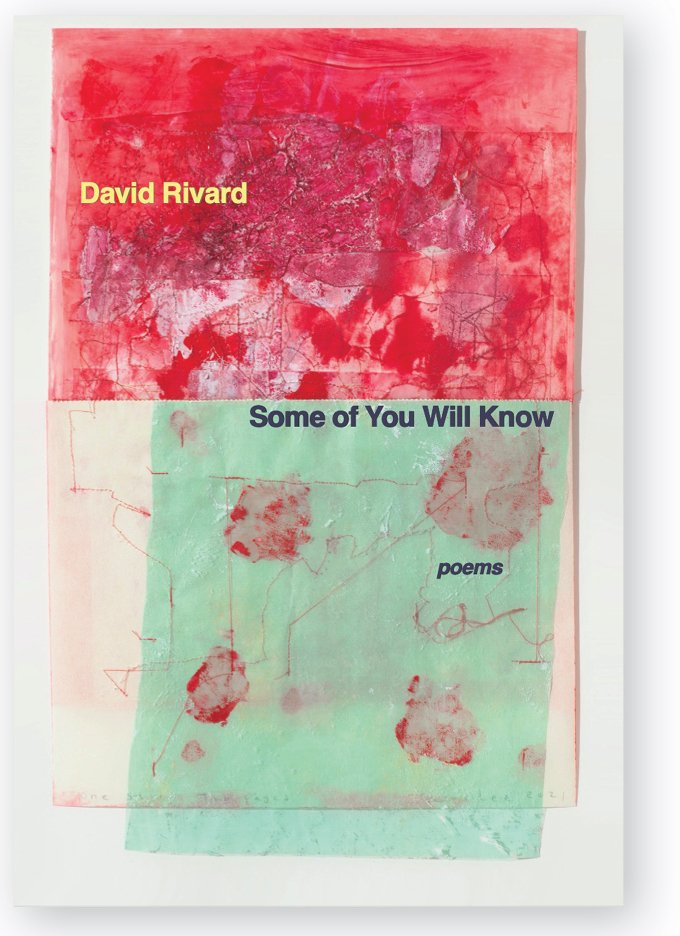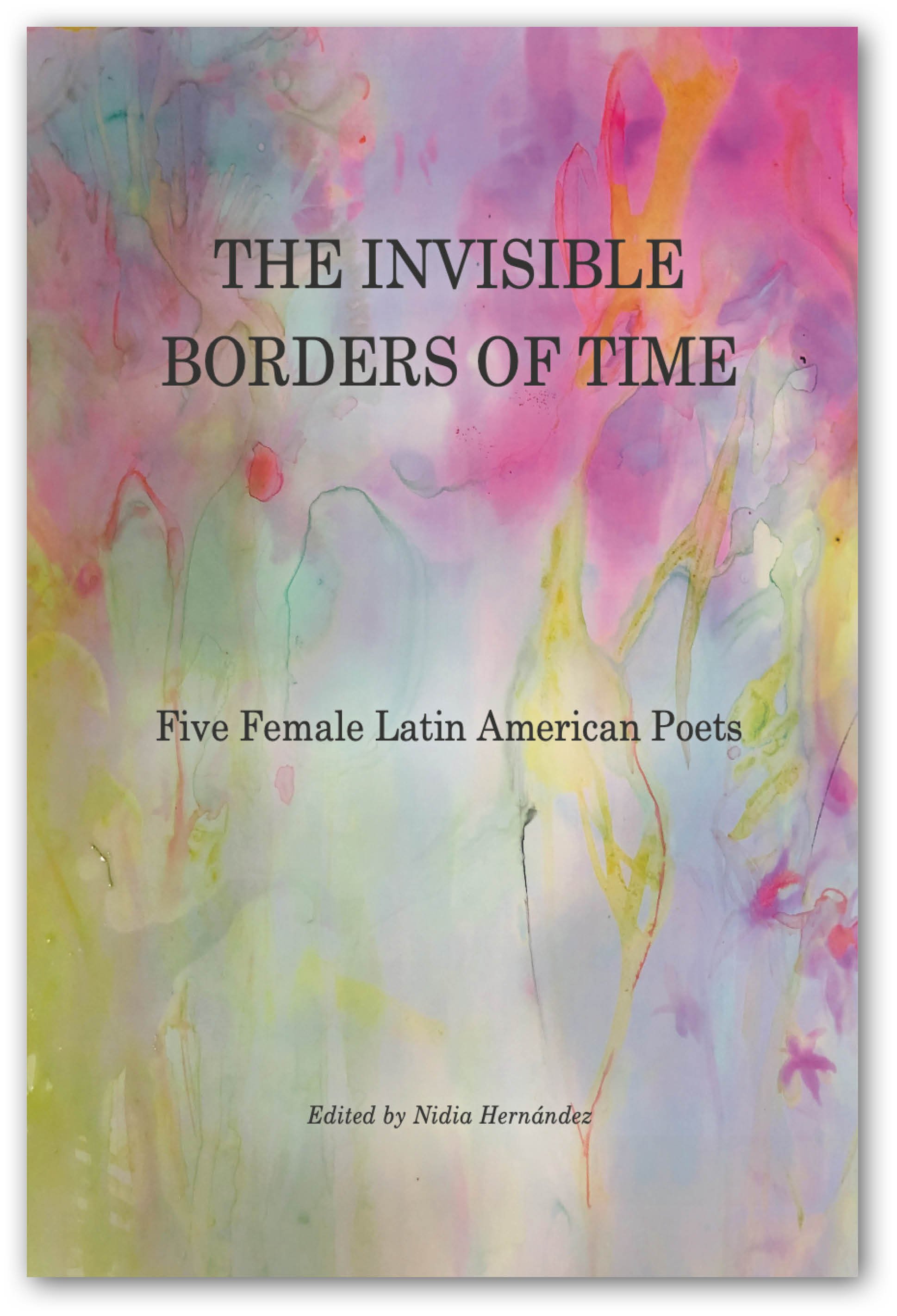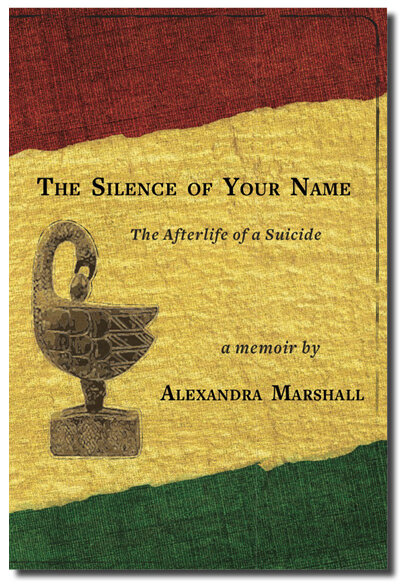“The Venezuelan poet Rafael Cadenas has always worked at the nexus between spiritual and political life, and in this marvelous collection he gives us ‘a song so loving it can never vanish.’”
The Land of Mild Light
by Rafael Cadenas
Few writers have embodied the heart and soul of a nation as fully as Venezuela’s Rafael Cadenas. Poet, translator, and educator, the ninety-year-old Cadenas has been admired and acclaimed by Spanish-language readers for over half a century while remaining virtually unknown to US audiences. At once painterly, personal, and philosophical, Cadenas’ poetry conveys both the poet’s pride in and his awareness of the struggles of his native land. His poems, probing the relationships between reality and consciousness against the backdrop of intense political ferment, could not be more timely. In The Land of Mild Light, poet, editor, and broadcaster Nidia Hernandez has assembled Cadenas’ most important poems in vivid translations by some of the English-speaking world’s finest poets and translators, including Robert Pinsky, Forrest Gander, Sophie Cabot Black and others. The selection includes an informative introduction by poet, translator and long-time resident of Venezuela, Rowena Hill.
Rafael Cadenas
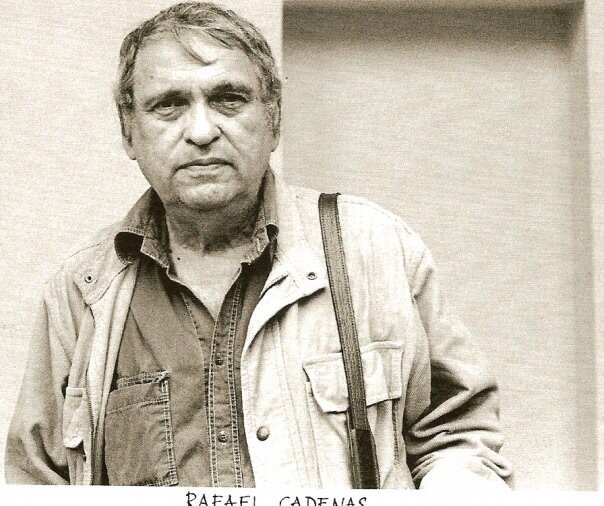
Rafael Cadenas (Barquisimeto, 1930) is a Venezuelan poet, translator, and educator. He formed part of the “Tabla Redonda” group in the early sixties, when he was active in the Communist Party of Venezuela. He was imprisoned and exiled during the dictatorship of Marcos Pérez Jiménez, and he took refuge on the island of Trinidad until 1957. He has published the books Los cuadernos del destierro (1960), Falsas maniobras (1966), Memorial (1977), Intemperie (1977), Anotaciones (1983), Amante (1983), Dichos (1992), Gestiones (1992), Apuntes sobre San Juan de la Cruz y la mística (1995), and En torno a Basho y otros asuntos (2016). He received a Guggenheim grant in 1986 and an Honoris Causa doctorate from the Central University of Venezuela. His work has been awarded several important prizes, including the Premio Nacional de Ensayo in 1984, the Premio Nacional de Literatura in 1985, the Premio San Juan de la Cruz in 1991, the Premio Internacional de Poesía Ciudad de Granada Federico García Lorca in 2016, and the Reina Sofia Iberoamerican poetry prize in 2018.
